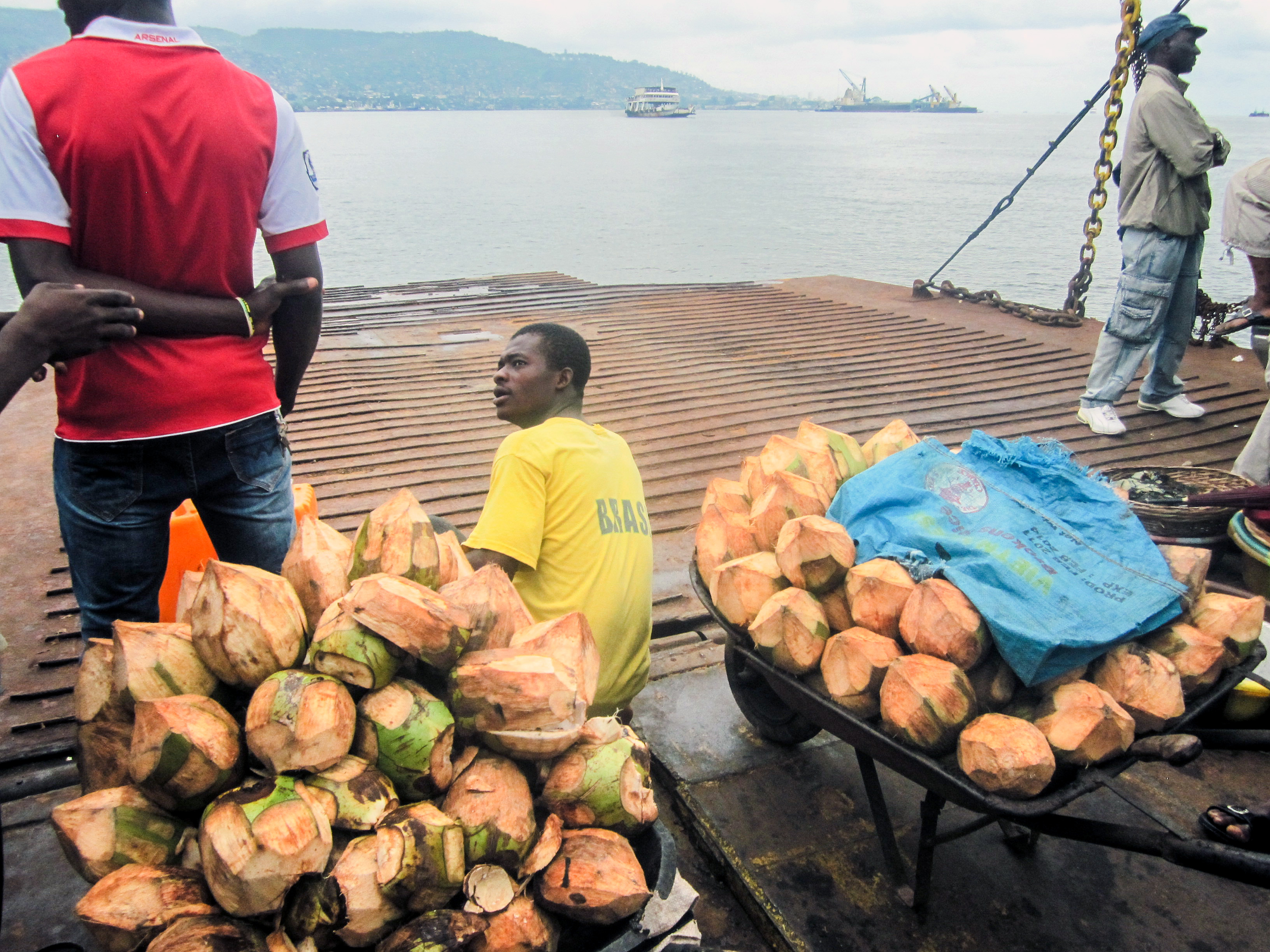Coconut seller at Lakka Beach ferry terminal
Copyright© jbdodane, via flickr, CC BY-NC 2.0
Core area “Sustainable economic development, training and employment” Developing rural infrastructure and value chains
Activities include the development of agriculture and, more recently, also the processing and marketing of products, as well as forestry and nature conservation. The founding of small and micro enterprises is also being supported, with a special focus on promoting women entrepreneurs.
The necessary climate-resilient infrastructure (rural access roads, grain silos, wells) is being built or rehabilitated with German support. A priority area in future will be training opportunities for the population in the project regions. For example, construction companies will be given training on tendering, structural engineering, and building bridges and roads.
Impacts (examples)
- Since 2021, 460 kilometres of rural roads have been built or repaired using local labour, along with 59 income-generating infrastructure facilities like wells, markets, warehouses and processing centres for fruit, vegetables and cocoa. Maintenance strategies for these facilities have been developed as well.
- Around 5,800 farmers have seen increases in their production and income growth of more than 50 per cent in the following sectors: cocoa, coffee, rice and cultivating vegetables.
- Through cooperation with financial institutions, more than 1,600 small and micro businesses have received access to microcredit in order to expand their operations.
As at: 21/01/2026
